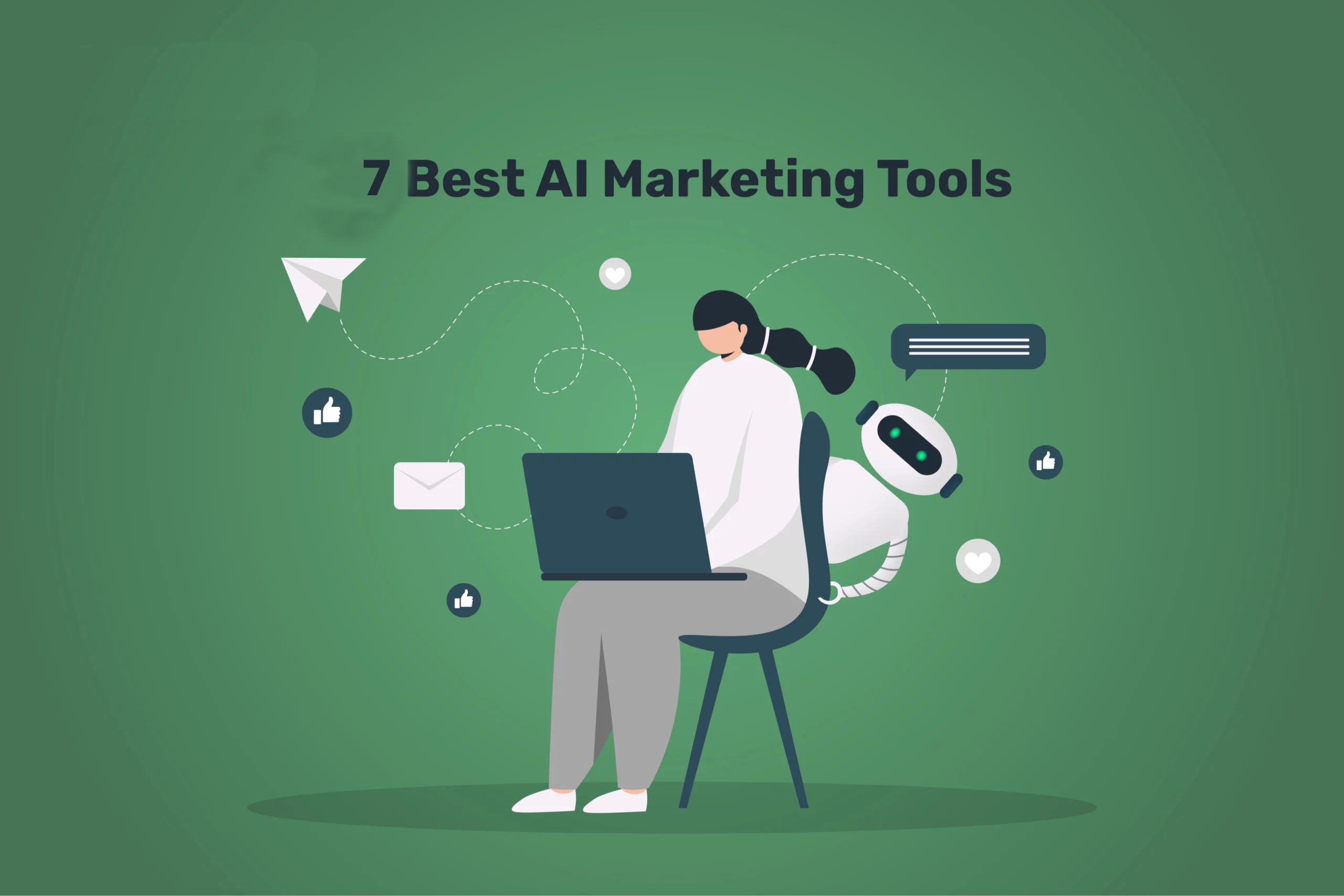Artificial Intelligence (AI) has become an essential part of our daily lives, influencing many sectors, from healthcare to finance. AI is crucial in improving how we interact with various technology systems. One area where AI makes a significant difference is search engines. Artificial Intelligence search engines use advanced algorithms to understand better and process user queries, delivering more accurate and relevant results. These systems have revolutionized how we find information online.
The Evolution of Search Engines
Before AI-powered search engines, search engines worked on a simple keyword-based model. In the early days, users would type in specific words, and the search engine would try to match those words with content on the web. These searches were effective to some extent but often returned irrelevant or low-quality results because they needed help understanding the context of the user’s request.
As technology advanced, AI began to change this process. Instead of relying solely on matching keywords, AI-driven algorithms now understand the context and intent behind the search. This shift has transformed search engines from essential tools into intelligent systems that deliver more relevant and personalized results.
How AI Enhances Search Engine Functionality
One of the main ways AI improves search engines is through natural language processing (NLP). NLP helps search engines understand the meaning of queries in human language, even if the words differ. For example, if you search “best places to eat in London,” AI understands that you are looking for restaurant recommendations, even though you didn’t use the word “restaurants.”
Machine learning, another AI technology, also plays a crucial role in improving search results. Over time, search engines learn from user behavior—what links they click on, how long they stay on a page, and more. This information helps the engine refine its results for future searches, continuously improving the user experience.
Key Features of AI Search Engines
AI-powered search engines have several key features that make them superior to traditional ones.

- Personalization and User Intent Recognition: AI search engines can recognize what a user is likely looking for based on past behavior and preferences. This allows for a more personalized search experience, where users see results that are tailored to them.
- Voice Search: As more people use virtual assistants like Siri, Alexa, and Google Assistant, voice search is becoming increasingly important. AI search engines can process voice commands and deliver accurate results, making it easier for users to search hands-free.
Case Studies of AI Search Engines
Many popular search engines today rely on AI to enhance their performance. Here are a few examples:
- Google: Google is a leading example of an AI-powered search engine. Its RankBrain algorithm, which uses AI, helps Google better understand complex search queries. Google also uses AI for personalization, showing users results based on past searches and activity.
- Bing: Bing, owned by Microsoft, also uses AI to improve its search capabilities. It integrates NLP and machine learning to deliver more relevant search results. Bing is also known for incorporating visual search, allowing users to search using images instead of text.
These AI advancements have made search engines more intelligent, faster, and more helpful to people worldwide.
Benefits of Using AI Search Engines
There are several clear advantages of using AI search engines:
- Improved Accuracy and Relevance: AI allows search engines to understand the user’s intent better, delivering more accurate results, fewer irrelevant results, and more user satisfaction results.
- Enhanced User Engagement: Because AI search engines provide more relevant and personalized results, users are likelier to engage with the content. This means people can find what they want faster and more efficiently.
Challenges and Limitations
Despite their advantages, AI search engines come with challenges.
- Potential Biases: AI algorithms are created by humans and trained on large amounts of data. If this data is biased, the search engine may produce biased results. For example, specific topics or viewpoints might be prioritized over others unintentionally.
- Privacy and Data Security: AI search engines collect much personal data to provide personalized search results. This raises concerns about privacy and data security, as there is always the risk of data breaches or misuse.
The Future of AI in Search Technology

As AI continues to evolve, the future of search engines looks even more promising. One exciting possibility is the integration of quantum computing into AI search engines. Quantum computers have the potential to process information much faster than traditional computers, which could lead to even more accurate and rapid search results.
Artificial Intelligence Search Engine
We can also expect AI search engines to become even more personalized and predictive, understanding user needs before they even type a query. For example, search engines might recommend relevant content based on the time of day, location, or recent online activity.
Best Practices for Users
To get the most out of AI search engines, users can follow a few simple tips:
- Optimize Your Queries: While AI search engines can understand complex queries, it’s still important to phrase your searches. Try to use specific terms and avoid overly vague queries.
- Use Voice Search: With voice search becoming more popular, it’s a good idea for quick searches, especially when multitasking or typing isn’t convenient.
- Leverage Personalization: AI search engines learn from your habits, so take advantage of their personalized results. For example, regularly using the same search engine can improve the relevance of the results you get.
Conclusion
AI has transformed search engines into powerful tools beyond simple keyword matching. With advancements like NLP, machine learning, and voice search, AI search engines offer a more personalized and efficient search experience. While challenges like biases and privacy concerns remain, the future of AI in search technology looks bright.
As these systems continue to improve, users will benefit from more accurate, relevant, and engaging search results, making finding the information they need more accessible.





